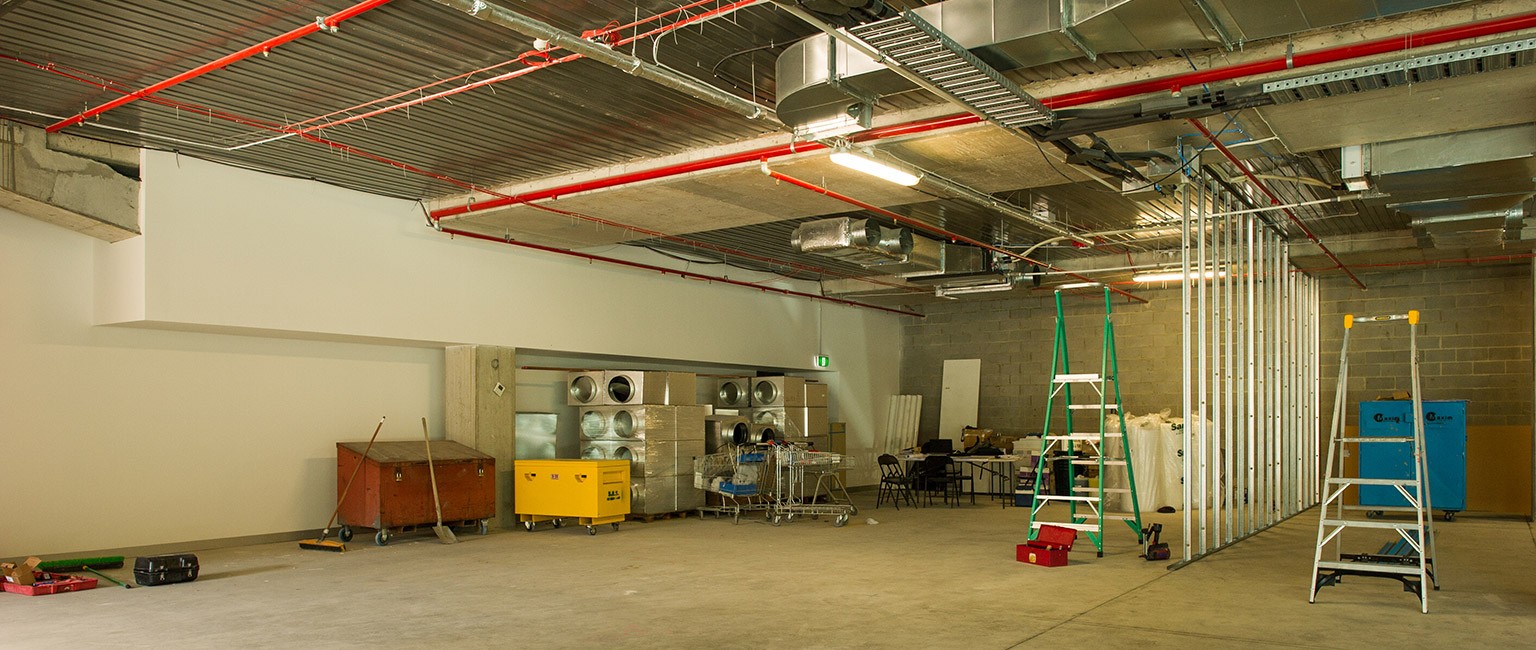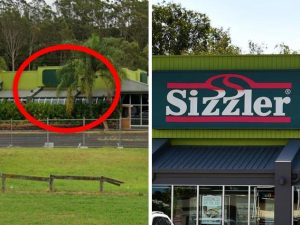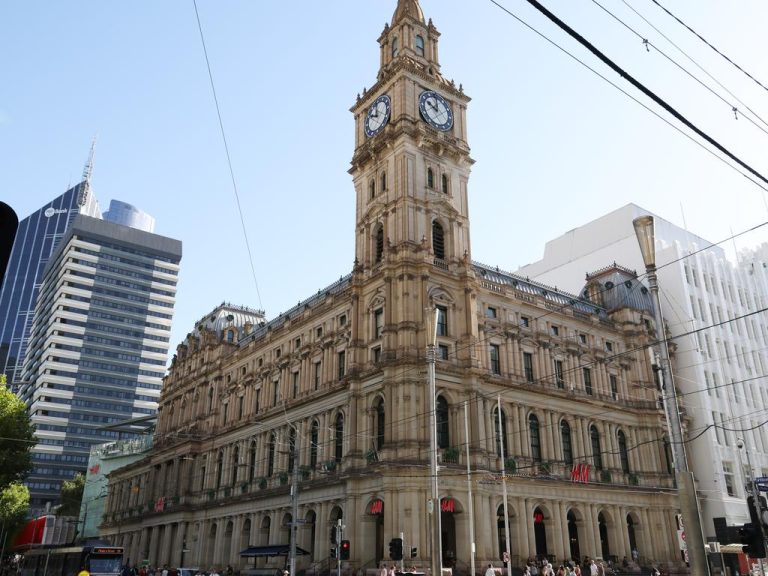How to: Buy your first factory

You may have heard that it’s all gloom and doom in Australia’s manufacturing sector and come to the conclusion that investing in industrial properties is something best avoided.
But small factories with the right qualities can be a great investment – if you know what to look for.
Here are the six factors you should consider.
1. Budget
Simon Lambert, Managing Director of McGees Property in South Australia says a first time investor in a small industrial building will need a budget of $200,000 to $600,000 in Adelaide.
“For bigger markets like Sydney and the best parts of Melbourne, you will need double this amount and have a deposit equal to 40% of the purchase price to get bank finance.”
“But with low interest rates, you should be able to find a property which is positively geared from the first day, providing you with a nice income.”

2. Know your market
Lambert advises buyers to stick to areas where they understand the drivers for businesses wanting to rent there, the prevalence of vacancies and how the surrounding area is developing.
“The last thing you should do is go to an area that has been picked out by someone else and attempt to understand it.”
3. Buy long term value, not the lease
Investors can get distracted by rental guarantees which imply an ongoing income, but Lambert advises to focus instead on what is likely to happen if a tenant vacates.
“It is the demand and supply equation for a property type and location which drives capital values over time. You should understand how the leases and terms secure your income, but it is finding long term value which is your most important goal.”
4. Location

While there has been an exodus of industry from many inner suburbs, the good news is the properties that remain can stack up as great investments.
Lambert says the best locations have similar drivers to the housing market, with small tenants looking to be near the city and its services, and favouring tenancies near transport links.
“But investors should also make sure a property has the right zoning, so your tenants don’t get squeezed out or have dramas with conflicting land uses alongside them.”
What about smaller properties in outlying industrial areas?
“Some may be alright, but I would be cautious about buying small factories in the outlying suburbs of Adelaide or Melbourne as the decline in the auto industry is likely to knock these properties – both big and small – around a bit.”
The best locations have similar drivers to the housing market, like proximity to transport links.
Melbourne and Sydney: Industrial property – a tale of two cities
5. Re-rating is your path to capital growth
Many of the best investments in small industrial properties happen when an area gentrifies, raising land values and increasing a property’s ability to fulfil different uses.
With plenty of research, investors can assess whether an area is likely to see changes to zoning or improvements in transport links.
But the most important factor is how adaptable the property is. Properties in the right location which can be modified easily to accommodate emerging industries or for conversion to residential use are the best targets.
6. Good quality building
An investor should always get a building inspection to ensure the structure is sound and they won’t be forking money out on repairs.
With industrial properties, you should also ensure the site is contamination free and look for signs of underground fuel storage or chemical spillage in the past.
Industry moves: High-tech manufacturing switches property demand







